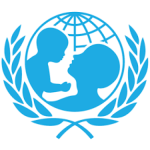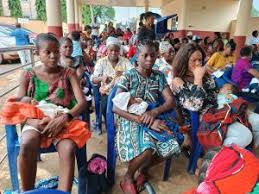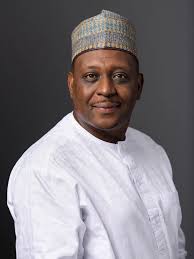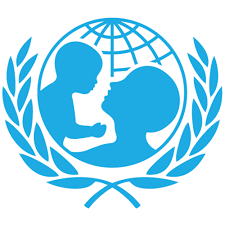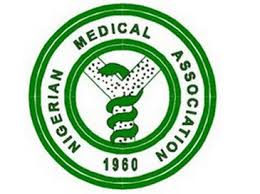The Minister of Health and Social Welfare, Prof. Muhammad Pate, has disclosed that Nigeria’s health sector is funded overwhelmingly from domestic sources, with external support accounting for less than 10 per cent of total expenditure.
Speaking at the National Workshop on AIDS, Tuberculosis and Malaria (ATM) in Abuja, Pate said health accounts since 2005 have consistently shown that about 90 per cent of Nigeria’s health spending is sourced locally, one-third from public funding and two-thirds from private out-of-pocket payments.
The minister warned that recent cuts and suspensions in donor assistance underscore the urgent need for Nigeria to build sustainable, country-led health systems, strengthen local institutions, and take full ownership of its programmes.
The workshop, themed “Design a Transition Pathway to Self-Reliance in Financing Essential Health Services in Nigeria”, brought together government leaders, development partners, civil society, and technical experts to accelerate the elimination of ATM diseases and achieve financial sustainability. Newspaper subscription bundles
Pate urged development partners to channel resources through national systems, patronise local manufacturers, and support Nigeria’s capacity to produce its own drugs and medical commodities.
“The recent suspension of donor-funded assistance underscores the urgency of reinforcing sustainable country-led systems to strengthen our local institutions and take full programme ownership to ensure a long-term impact,” he said. Newspaper subscription bundles
“Nigeria cannot build a healthy nation on the back of other people’s money. The current global health architecture is fundamentally unsustainable with the level of resources at our disposal.”
He noted that the Federal Government has increased health budgetary allocations and released funds for the purchase of essential commodities, while also boosting resources to the states. He called on state governments to scale up their investment in HIV, TB, malaria, family planning, and reproductive health programmes.
Also speaking, the Director General of the National Agency for the Control of AIDS (NACA), Dr Temitope Ilori, emphasised the importance of integrating services to achieve efficiency.
She explained that the working group at the workshop aims to develop frameworks to merge services, cut costs, and absorb health workers who may be affected by changes in global funding.
“The health sector we are initiating emphasises co-operative intervention modules. We must see this crisis not only as a challenge, but also as an opportunity to accelerate progress towards that vision,” Ilori added.

